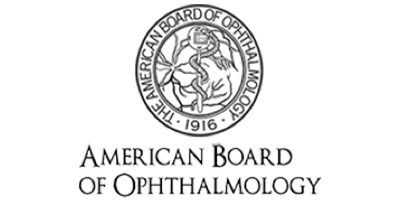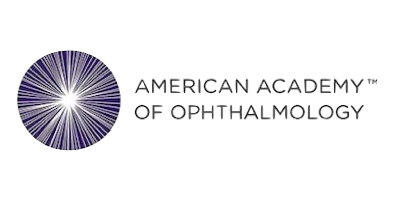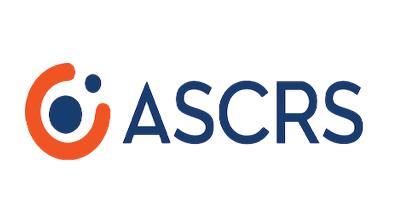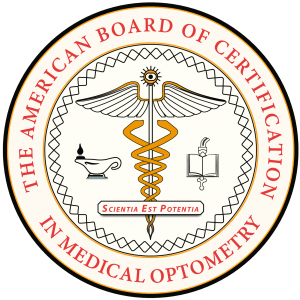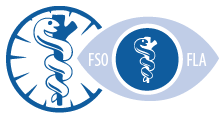
Procedures
Cataract Surgery
Preoperative and postoperative care is available at both locations. Your surgery will be performed at the Ambulatory Surgery Center in Arlington at The Harman Eye Clinic
The human eye is like a camera, your eye has a clear lens through which light passes for you to see. Like a camera, when the lens of the eye is cloudy, not as much light can pass through the lens. Clouding of the human eye lens is called a cataract. Cataracts cause a progressive, painless loss of vision.
What Causes Cataracts?
The lens clouds naturally as we age, so people over age 65 usually see a gradual reduction of vision. Cataracts can also be caused by complications of other diseases such as diabetes and glaucoma, side effects of certain medications, such as steroids, infection, trauma or hereditary disorders.
How Do I Know If a Cataract is Developing?
One of the first noticeable symptoms of cataracts is a bothersome glare that makes night driving difficult. Other symptoms include halos around lights, light sensitivity, double vision in one eye or temporarily improved near vision. A subcapsular cataract begins at the back of the lens and may not produce any symptoms until the cataract is well developed. People with diabetes, high farsightedness, retinitis pigmentosa or taking high doses of steroids may develop a subcapsular cataract.
What Is The Current Treatment For Cataracts?
Cataract surgery is a simple, relatively painless procedure to regain vision. This surgery is the most frequently performed procedure in the United States, and also one of the most successful. During surgery, a small incision is made in the eye to remove the cloudy lens and replace it with a clear silicone lens, called an implant. Without an implant, you would need to wear very strong glasses or contact lenses. This procedure is performed with local anesthesia, enabling patients with preexisting medical conditions to have surgery without the added risk of general anesthesia. Sometimes months or years after cataract surgery, opacities develop behind the implant. This is known as a secondary membrane or a secondary cataract and is easily remedied with a laser procedure.
How Fast Will I Recover From Surgery?
Patients are usually expected to read and use their new vision within an hour of surgery. Most patients leave without a patch. Clear Cornea Cataract Surgery involves no stitches or sutures. Because topical anesthesia is used, fast restoration of vision is possible. The incision required is very small and is made through clear corneal tissue which has no areas of blood vessels whatsoever. A safer, topical anesthesia is used in place of the traditional injection block of days past. These differences allow our surgeons to perform surgery on patients with preexisting medical conditions without fear of interfering with those conditions.
Postoperatively you will be asked to avoid swimming and makeup for two weeks, free to enjoy your restored vision.
How Can I Prepare For Surgery?
Before you consider cataract surgery, our staff will review your situation and help you to develop a full understanding of your condition, the risks and benefits of cataract surgery, and what to expect during surgery.
We are committed to providing you an objective evaluation and the thorough counseling necessary to allow you to make an informed decision regarding your vision and its effect on your life. You can take comfort in the knowledge that our entire staff, and the experience of thousands of successful eye surgical procedures, is behind you every step of the way.
Please feel free to call us with any further questions you may have, or to schedule your examination. We’re ready to help you toward your best vision. Give us a call, to begin 360.435.8595 and request for a consultation.


